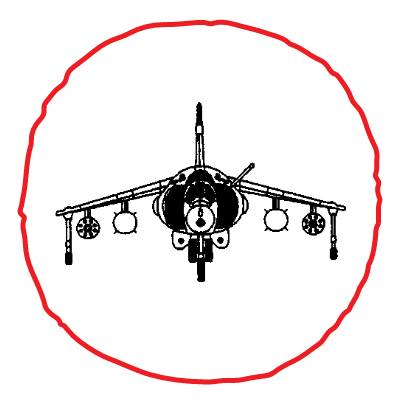Maths
Intent:
At Wittering Primary School, we believe that it is essential to prepare our pupils for a rapidly changing world through the use of mathematical, logical, and systematically thinking; because maths is an integral part of everyday life. Our delivery of the mathematics curriculum is centred on the Hamilton Brookes scheme and supplemented with other resources from Classroom Secrets and Twinkl. Ranges of age-appropriate online programs - such as Top Marks, Times Table Rock Stars and Mathletics - are used to support classroom learning and allow pupils to revisit and develop their learning at home.
This mastery approach guides our belief that every pupil can master an understanding and love of maths with the right kind of teaching and support.
We aim to provide all pupils with a uniquely powerful set of mathematical tools to help them make sense of, understand and eventually change the world in which we live. These tools include arithmetical aptitude (problems involving adding, subtracting, multiplying, or dividing numbers), logical reasoning, problem solving and the ability to apply their thinking in abstract ways. Within lessons, our pupils are regularly exposed to a degree of challenge, with the purpose of strengthening their confidence, resilience and range of strategies to persevere with challenges. Following the Hamilton Brookes scheme ensures that all aspects of the National Curriculum are covered, and that there is a clear progression of skills, knowledge and understanding throughout the school. We also follow the Concrete, Pictorial, Abstract approach to mastering new mathematical concepts.
These practical learning experiences develop a deep and sustainable understanding of maths in pupils. We aim to develop independent pupils who are inquisitive, creative, numerically literate, confident and financially responsible. Through the provision of a stimulating learning environment and a wide range of concrete resources, we aim to develop every child’s mathematical skills to the furthest reach of their potential.
Implementation:
Maths is at the forefront of our daily curriculum. From PiXL ‘3in3’ questions in the morning, daily arithmetic ‘Early Bird’ sessions and inspirational teaching and learning in our main maths lessons, which taught in mixed ability groups, we aim to:
- Provide a mathematics curriculum that will provide progressive, broad, coherent and deep learning experiences that are relevant, challenging and enjoyable
- Make sure that all areas of the ‘spiral curriculum’ are covered in depth to achieve mastery, using the Concrete, Pictorial, Abstract (CPA) approach to support children’s understanding
- Deliver high quality teaching and learning experiences that foster and nurture positive and enthusiastic attitudes towards mathematics
- Build confidence in all learners through a range of well planned problems in a range of contexts
- The opportunity to use a range of concrete materials to develop understanding of some of the trickier aspects of maths
- Use a variety of ICT and practical equipment to give pupils the chance to explore maths in the real world
- Where needed, offer support and scaffolding appropriately to meet the needs of all learners, stretching and deepening their understanding of each strand of mathematics
- Seek opportunities to extend every pupil’s mathematics skills through the use of open ended investigations and challenges
- Assess pupils termly, using arithmetic and reasoning assessments (provided by the school’s partnership with PiXL)
- Produce mathematicians who are fluent, capable and confident, developing automaticity to become future problem solvers.
Impact:
The impact of our engaging lessons, delivered within a safe learning environment, is that our pupils have a positive view of maths. They also have an understanding that it is okay to make mistakes, as this helps them to learn and progress, while resilience is shown in the face of challenges by learners of all abilities. This love of maths is demonstrated in all classrooms at Wittering Primary School through pupils’ enthusiasm and co-operation during group activities, as well as an eagerness to show off their learning in independent tasks. The early introduction of advanced mathematical vocabulary leads to learners who are confident in articulating their understanding to others, and who are able to provide clear written explanations of methods and processes.
Impact is monitored through pupils’ work in books, reflections and teacher assessment. Teachers provide verbal and written feedback, and ‘pupil voice’ is gathered through interviews to ensure our curriculum is centred around the needs of our children.


